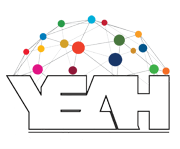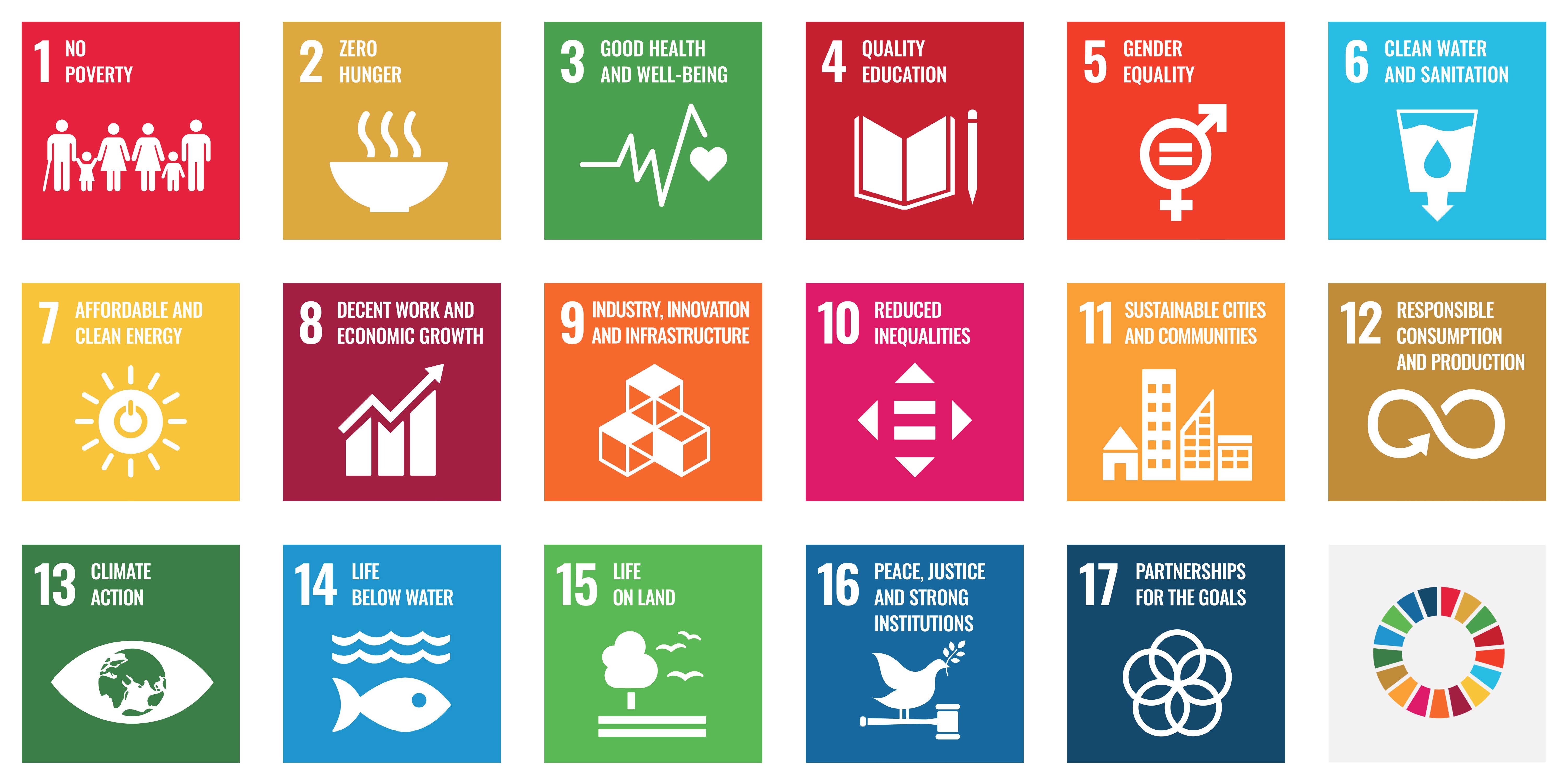Event Title
Session 2B Modern Slavery in the textile circular economy...fashioning a way forward
Start Date
21-4-2021 1:15 PM
End Date
21-4-2021 1:24 PM
Description
This research analyses the expert opinion of fashionand textile industry stakeholders internationally, to understand what drives or hinders the purposeful re-engineering of India’s textile recycling industry to remediate its human and environmental impacts.
The findings detail how stakeholder engagement has significantly decreased, as industry value chains have become more globalised in recent decades. By applying linear rather than circular principles when mapping value chain impacts, has ignored their responsibility to manage upstream and downstream textile waste.
Ultimately, the recommendations of this research provide pragmatic and scalable recommendations for collaborative remedial action for effective industry change on a global scale.
Publication Title
Conference Proceedings for The 3rd Global Virtual Conference of the Youth Environmental Alliance in Higher Education
Recommended Citation
Rogers, Paul, "Session 2B Modern Slavery in the textile circular economy...fashioning a way forward" (2021). The Youth Environmental Alliance in Higher Education. 40.
https://doi.org/10.37099/mtu.dc.yeah-conference/april2021/all-events/40
Session 2B Modern Slavery in the textile circular economy...fashioning a way forward
This research analyses the expert opinion of fashionand textile industry stakeholders internationally, to understand what drives or hinders the purposeful re-engineering of India’s textile recycling industry to remediate its human and environmental impacts.
The findings detail how stakeholder engagement has significantly decreased, as industry value chains have become more globalised in recent decades. By applying linear rather than circular principles when mapping value chain impacts, has ignored their responsibility to manage upstream and downstream textile waste.
Ultimately, the recommendations of this research provide pragmatic and scalable recommendations for collaborative remedial action for effective industry change on a global scale.



Comments
Presented at the 3rd International Conference of the YEAH
SDG Theme: SDG 8 - Decent Work & Economic Growth,SDG 12 - Responsible Consumption & Production, SDG 17 - Partnerships for the Goals